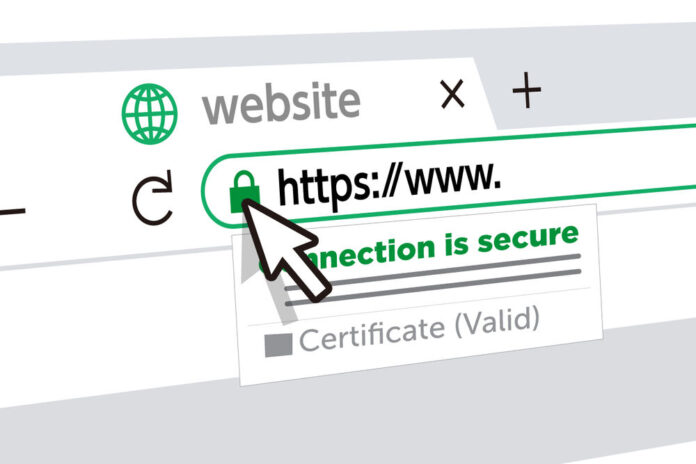SSL certificates protect your website’s information from hackers. When you visit a website protected by an SSL certificate, the “s” in the URL will always be green, and you can see a padlock in the address bar. SSL-encrypted websites will also have an icon in the URL bar, either on the left or right side. The icon may also display additional information about the website.
Domain Validation (DV)
A DV SSL certificate validates your domain name, making your site more secure and reducing the chance of security errors. It also improves your website’s Google search ranking. In fact, Google rewards sites with SSL certificates. DV SSL certificates are the most common type of digital certificates, but they lack the premium features of EV and BV certificates. However, they provide the same level of encryption as other types of validation.
DV SSL certificates contain the least amount of identity information, including only the domain name. These certificates prove that you are the owner of the domain and that you are running the website. The only thing they don’t include is the business or organization name. The cost of DV certificates is low, since they only check domain names.
Organization Validated (OV)
Organization Validated (OV) SSL certificates offer a combination of business authentication and industry standard encryption. Especially useful for websites that collect sensitive information, these certificates are quick to issue and immediately inspire customer confidence. Additionally, they protect a site from phishing attacks and keep hackers at bay.
Compared to Domain Validated (DV) SSL certificates, OV certificates offer a much higher level of assurance. The name of the organization is shown on the certificate, and this information will be visible to visitors who view the certificate’s details.
Extended Validation (EV)
Extended Validation (EV) is an additional level of security that SSL certificates offer. It helps to protect website visitors from fake or deceptive organizations. It does this by verifying the organization’s name, physical address, phone number, and domain name. After the verification process is completed, an EV SSL certificate is issued and displayed on a website.
This higher level of assurance is especially important for e-commerce sites that store sensitive customer data. It also helps create a sense of trust and confidence among visitors. EV SSL certificates are commonly used by powerful businesses and large corporations. Furthermore, the growing threat of phishing has made EV SSL certificates a top choice for many websites. EV certificates are also important for sites that collect online payments or store customer information.
Intermediate certificate
In SSL, an intermediate certificate is a certificate that is intermediate between the certificate of the site in use and the one of the root CA. It is used to add another level of security. This helps to compartmentalize any damage in the event of a security event or mis-issuance of a certificate. If a certificate is revoked, it only affects the group of certificates that are based on the intermediate.
An intermediate certificate is issued by a trusted root certificate authority. It is used by a certificate provider to issue SSL server certificates. It starts at the trusted root certificate authority and ends with the SSL certificate you are using. In this way, you can establish a chain of trust.


















